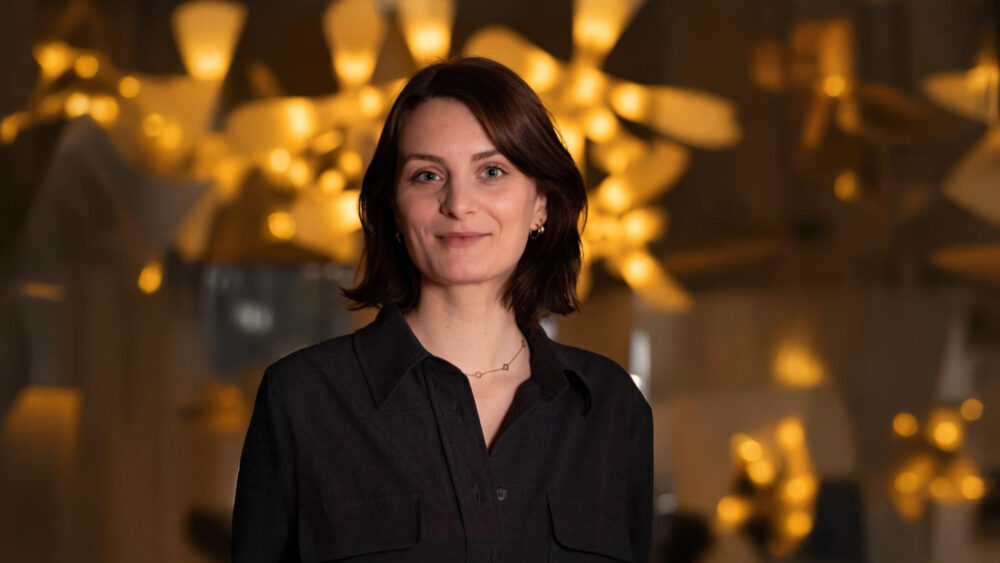Get To Know Our Team: Rinke Brans
Rinke Brans is the project officer for Theatre of Remembrance and the Dutch youth projects of Theatre Na de Dam. In this interview she discussed why she does this work and what she finds important in the programme.
Why do you enjoy working with Theatre of Remembrance?
‘The Theatre of Remembrance projects are special because the locations are far apart, while at the same time they all have the same focus: commemorating the Second World War. This war took place in each of the eight countries and yet each country has a different perspective, and each maker group looks back on it differently. All these differences as well as similarities make it a very interesting project to work on. To help make it possible for all these diverse people from different countries to work together overall.’
What is the importance of this programme?
‘Besides the fact that this programme gives extra meaning to the International Holocaust Commemoration on the 27th of January, the importance for me lies mainly in the exchange of war stories on a European level. Every country has a commemoration for victims and events during World War II, and we know broadly how things went in our neighbouring countries. What we don’t know however, is for example how the war still affects these countries nowadays, or which stories prevail and how people deal with the legacy of war. Through this project, ten different organisations exchange all this with one another. We all learn something new about each other’s country and then share it back in our own country by talking about it with other people. This way, there is more and more awareness about how other countries experienced and endured World War II and how that history is still in a country’s DNA today.’
How do you make sure the programme comes together, that it becomes cohesive?
‘We make sure there is a lot of online exchange, both with the organisers and with the young performers themselves. Every month we talk with the partners and give each other an update on how each project is going, what the themes and struggles are. This is inspiring and motivating for everyone. The youngsters also met recently, during the Meet & Greet, where we had a 100 people in a Zoom at the same time. Afterwards, we heard back from the youngsters that they thought it was very cool to see so many people participating in this project in so many different countries.
In addition to that, the creation method of each project is the same: young people get in touch with elderly people (eyewitnesses of World War II or their relatives) and these interviews form the basis of the performance. They also research what happened in their town or region during the war. Very interesting stories come out of this and in some cases, it inspires creators to perform in special locations, such as an old prison or next to an old train station. The content of the performances is different, but the makers and their youngsters do go about their work in the same way.’
Why is it so important that young people in particular make these performances?
‘I think this project is a very special way for young people to learn about what happened in the past. They automatically take ‘the present’ into the rehearsal room, which brings about new perspectives. During the online Meet & Greet, one of the young people from Italy said, ‘For us it’s hard to understand history. By telling it we may be able to think about it better and learn from it.’ A Hungarian youngster said, ‘As time passes it is so far from our life that we do not feel the meaning of it. But when people tell these stories to us, it brings history closer to us. It’s about a human life, not just a movie we have watched. These are things that people have been going through and are going through today.’ For me, the fact that young people say things like this reflects how important it is for them to participate in these projects. It has an impact on them, they learn something about our shared past and they take that into their view of the world today, and their role in it.’
